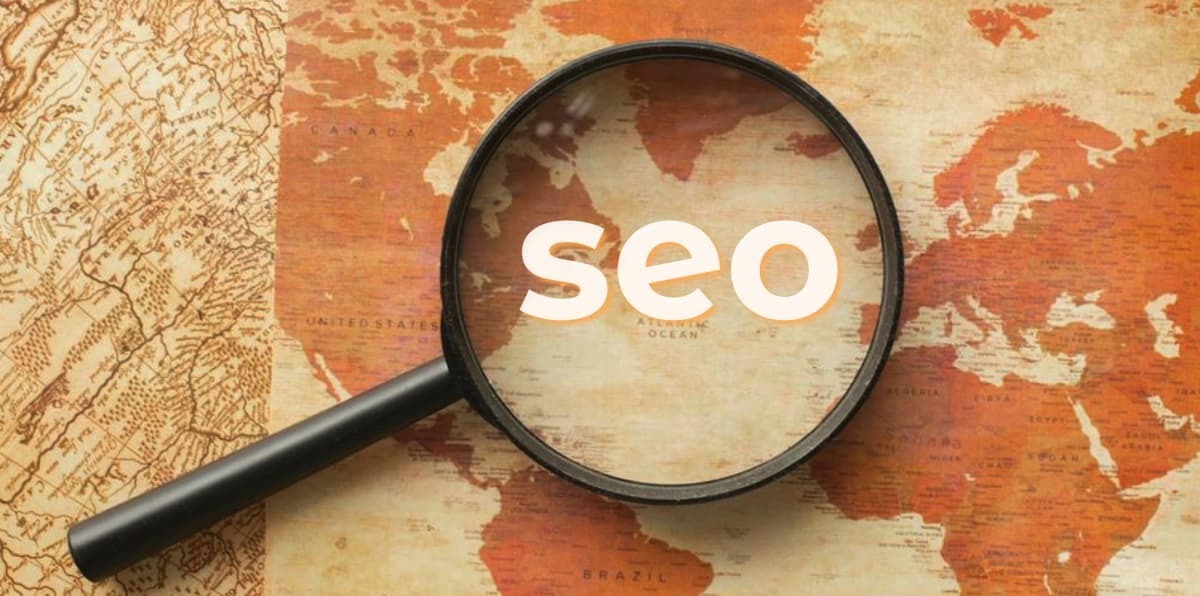What is SEO and how does it work?
Posted on 16th February 2024
Just to start, SEO stands for search engine optimisation which improves the visibility of your website for search engines. It helps people discover you using Google, Bing or Yahoo! for example.
It’s different to paid search where you bid for keywords people might use to find your products or services online. This is also known as pay per click or PPC advertising. These ‘sponsored’ results appear at the top of the page when you search.
You might ask yourself, if you didn’t know about SEO before and your business was OK, why is it important now?
You can reach new customers online all around the world – but they must find you first. SEO provides virtual internet signposts to help your customers find out who and what you are as a business.
You’re in control of your SEO
You can tell your story online using the right words and phrases to make sure people know what you’re like as well as what you do. This is what drives organic (not paid for) search results.
You must understand the words people will use in their online searches when they’re looking for your products or services. These must feature in your content, although you won’t want to use them too often on a single page. Use them in your page titles and sub headings to guide people to what they’re looking for.
You can improve your content with links to other high quality information online. This will show search engines that your content is relevant for someone’s search. Even better, when your content is really outstanding, other websites will link to it. These are known as a backlinks and it’s SEO gold dust. It shows other websites recognise the value of your content. Backlinks improve the authority of your site and its pages.
If you would like to give your online traffic a boost you might consider Google’s Dynamic Search Ads. As an alternative to PPC, it uses your high quality website content to target your paid-for online advertising.
What’s changed online in 2024?
Since the pandemic we have seen a rise in online businesses, big and small. They were forged out of necessity, by some, to keep a business going. For others, the love of a hobby has turned into a living.
But… with the rise of online businesses, the virtual marketplace has become overcrowded. Everyone must become more creative and original to get some attention.
Enter artificial intelligence or AI.
AI has become an integral part of the business landscape. However, people have mixed views with concerns about its impact on creativity and general fear of the unknown. Films like iRobot and Ex Machina haven’t helped to quash the notion that AI will rally against us. But that was then and this is now
In 2024, some businesses are exploring how AI can work for them and with them to move ahead. A recent AI report found that over half of organisations were using AI to improve efficiency and productivity. More than nine out of 10 said they expect generative AI or GenAI to improve productivity.
We also asked ChatGPT, an AI powered app, to come up with some answers. It told us: ‘SEO will be generated and personalised by AI to assist in generating high-quality, relevant content optimised for search engines’.
Machine learning or ML is part of the AI algorithms. ML can analyse vast amounts of data to identify relevant keywords and search trends. It can help you understand user intent and optimise your online content accordingly.
A word of caution about AI
AI is evolving and can help you improve your SEO. However, AI can, and does, make mistakes. You need to understand what you’re asking it to do so you can judge the results it gives you.
AI can help customise your SEO when you ask the right questions. For this you’ll need a thorough understanding of your business goals and your audience.
Should you use AI to create your blogs and webpage content? In our view, it can provide ideas and a good place to start creating content. Google, for example, says it values relevant content and won’t penalise you if it’s AI-generated.
However, Google prioritises ‘helpful’ people-first content and can identify AI-generated material. To use it with confidence you need to ask AI the right questions and edit the results. You’ll need to check the facts, add images or video and make sure the tone is right for you.
Share this post:






